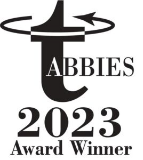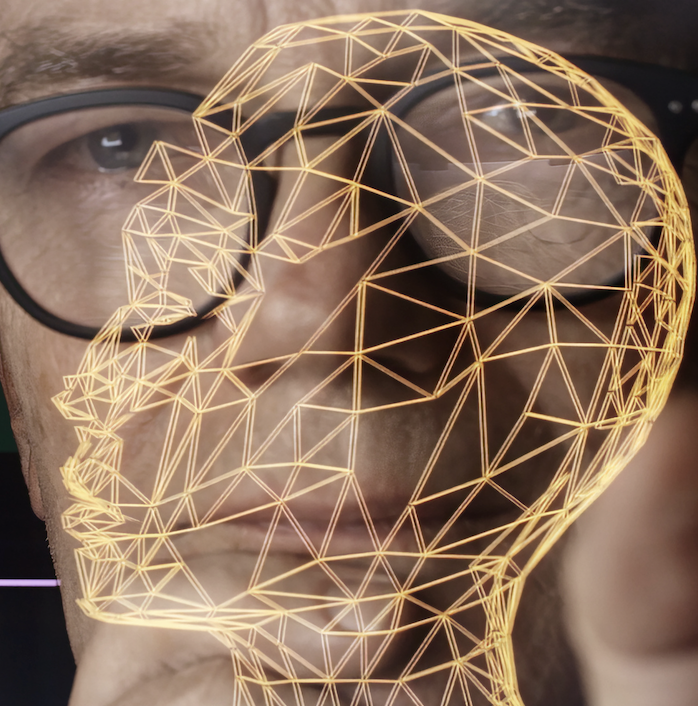3 Eye-Opening Documentaries on AI to Watch This Weekend
After the barbie cools down, tune in to these illuminating docs about the perils and potential of AI, and the cybersecurity implications for an increasingly AI-centric world.
What if Thomas Jefferson could have tapped ChatGPT to help him write the Declaration of Independence?
His prompt might have been something like: “From the point -of -view of an elder statesman, write a document declaring freedom from British rule. Include an inspiring preamble that lays out a new theory of government, a middle section with bullet points that lists the sins of King George, and a rousing conclusion. Add the phrase ‘All men are created equal’ and something about happiness. Be persuasive, keep it under 1,325 words – and don’t hallucinate!”
While the Founding Fathers didn’t have AI, you do. And if you’re like most, you’re trying to figure out how best to use it and struggling because you don’t fully understand it. A Workday survey of 1,000 enterprise leaders found that 73% felt pressured to implement AI at their organizations, and more than three-quarters (76%) reported their own knowledge of AI and machine learning needed improvement.
The long holiday weekend ahead could be a prime time to up your AI quotient and perspective – without any dense reading.* These three eye-opening documentaries will both entertain and educate you about the perils and potential of AI, and the cybersecurity implications for an increasingly AI-centric world.
* (Though for book lovers, we highly recommend Fancy Bear Goes Phishing from Yale University’s Scott J. Shapiro, on the cybersecurity lessons learned from five seriously infamous cyberattacks; and Adam Shostack’s Threats: What Every Engineer Should Learn from Star Wars, because cyber wisdom often seems clearer when it comes from Luke, Leia, or Obi-Wan Kenobi.)
1. AlphaGo (2017) – The game that was an AI game-changer
What it’s about: Directed by Greg Kohs, this uplifting and engrossing cult classic – with a 100% approval rating on Rotten Tomatoes – explores how a motley team of tech geeks from the (Google-owned) London-based AI research lab DeepMind developed an AI that learned to play and eventually master the ancient Chinese game of Go.
People felt helplessness and fear. It seemed we humans were so weak and fragile.
That 4,000-year-old board game, with its simple grid and soothing black and white stones, is somewhat akin to chess but with infinitely more potential moves and board configurations – more than the number of atoms in the universe, DeepMind cofounder Demis Hassabis tells us – making it much harder for any standard AI to master. The film tracks the historic match against Lee Sedol, one of the world’s top Go players and an exceedingly likable chap who must learn and evolve as much as the AI does.
“People felt helplessness and fear,” recalls Sedol, describing the vibe in the room as he played against the AI. “It seemed we humans were so weak and fragile.”
What it says about how AI learns – and interacts with humans: This man-vs.-machine smackdown demonstrates the way AI’s neural networks make choices and the emotional toll of human-AI interaction. For enterprise leaders and security pros, in particular, it’s a reminder that smart AI governance is half tech (establishing robust data hygiene and security) and half people. Organizations should start investing in upskilling staff, to both educate and allay anxieties about AI, especially as the fear of AI usurping jobs is so prevalent.
Where to watch: It’s now streaming for free on YouTube here.
2. The Antisocial Network: Memes to Mayhem (2024) – When fake news goes (seriously, irrevocably) viral
What it’s about: Directed by Giorgio Angelini and Arthur Jones, this new doc outlines the history of 4chan, the imageboard website born in 2003 that, at its start, was something of an online Beavis and Butt-Head-meets-Jackass love child, home to pranksters, disaffected teens, and techno geeks. Several of those early users are interviewed here, revealing the group’s growth, fracturing, and insidious slide into the toxic forum that, on a lark, spawned the QAnon cult and countless other conspiracy theories.
[Hacking] can trick you into thinking you’re fighting for good, but in reality, you’re just high off the feeling of having power.
“[Hacking] can trick you into thinking you’re fighting for good, but in reality, you’re just high off the feeling of having power,” says Fuxnet, an anonymous 4chan member.
What it says about misinformation and disinformation: Negative reviews and baseless claims can spread like wildfire across platforms. Luckily, this new proliferation of threats can be mitigated by some old-school cybersecurity tactics. That includes rewriting your incident-response playbooks – and practicing them – plus monitoring social media channels, employing fact-checking tools, and educating employees on how to spot deepfakes and clever new forms of phishing.
[Read also: The 3 biggest GenAI threats (plus 1 other risk) and how to fend them off]
The film’s other big reminder? That bored, nihilistic teens can wield false info, shape public opinion, and influence behavior as effectively as veteran cybercriminals. And that makes this a must-watch for marketing pros, security teams, and others responsible for a brand’s presence online.
Where to watch: It’s now streaming on Netflix.
3. Coded Bias (2020) – What’s really lurking in your data
What it’s about: This groundbreaking documentary directed by Shalini Kantayya is a must-watch for anyone who needs to better understand the ethical implications of AI (and these days that means every enterprise leader, board member, and C-suite executive). The film recounts how MIT Media Lab researcher Joy Buolamwini discovered that facial recognition algorithms were biased against women and people of color, a revelation that highlights the importance of mitigating data bias when creating and training AI systems.
Data is destiny. If you have largely skewed datasets that are being used to train these [AI] systems, you can also have skewed results.
“Data is destiny,” says Buolamwini. “If you have largely skewed datasets that are being used to train these [AI] systems, you can also have skewed results.”
What it says about data bias: Machine-learning algorithms are now standard operating equipment in financial services, human resources, advertising, marketing, and numerous other fields. And as the film points out, it’s used increasingly in police departments across the U.S. and in the UK, and in a creepy “social credit” program in China that seems like something out of a Black Mirror episode.
The critical lesson here about the virtues of diversity in training datasets is no longer new. We’ve heard this before, and addressing bias is a major tenet of President Biden’s executive order on AI. But there’s nothing like seeing that bias in action – it’s a rather chilling moment when Buolamwini, who is Black, dons a white mask and, voila!, the algorithm then detects her face – to bring the point home.
The film ticks off some major biased-AI fails: Like Amazon’s AI recruiting tool, dropped in 2018 for its bias against women; an Apple credit card accused of gender bias in 2019 (even Apple co-founder Steve Wozniak complained he got 10 times the credit limit his wife did, despite their having the same combined assets and credit cards); and a UnitedHealth Group software that prioritized medical care for healthier white patients over sicker Black counterparts.
Let bias like this slide and you risk legal repercussions and reputational damage. Last year, the Equal Employment Opportunity Commission issued a technical assistance document to employers to prevent AI-induced bias against workers, and settled its first AI hiring discrimination lawsuit, brought on behalf of 200-plus job applicants. While denying wrongdoing, the tutoring consortium iTutorGroup agreed to pay $365,000 to resolve the charges that its AI-powered hiring selection tool automatically rejected women applicants over age 55 and men over 60.
Like this doc, it was a potent reminder that insuring your AI systems are transparent and equitable is not just good ethics. It’s also good business.
Where to watch: It’s now streaming on Netflix.








